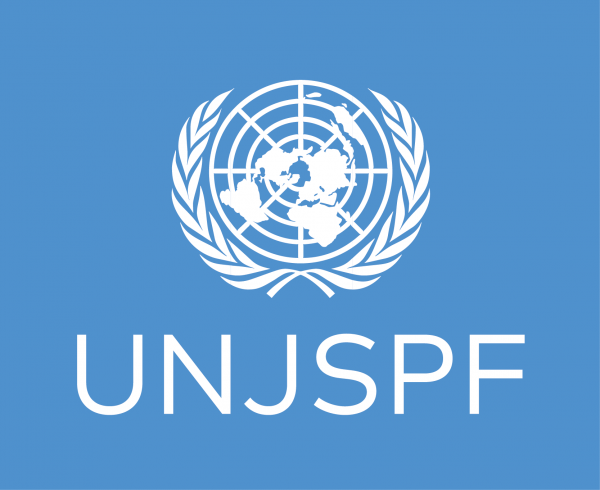The Fund has been informed that fees have been applied by some beneficiaries’ European banks to their January 2021 pension payment. This seems to be in relation to the exit of the United Kingdom (UK) from the European Union (Brexit). The Fund is doing its utmost to find a solution to prevent future fees from being applied.
Up until now, the Fund routed pension payments to retirees and beneficiaries who receive their benefits in bank accounts in the Eurozone, via the London (UK) branch of JP Morgan Chase (JPMC), the Fund’s bank.
While the United Kingdom left the European Union on 1 January 2021, the country did not leave the Single Euro Payment Area (SEPA). Hence, as per the SEPA framework (see the box below for more details), no fees were expected to be applied to payments received from bank transfers issued from the UK. However, JPMC informed the Fund, after the submission of the January 2021 payments to UNJSPF retirees and beneficiaries, that some banks in the Eurozone have decided to apply transfer fees for payments emanating from the UK.
The Fund is currently investigating the extent of these new fees. So far, beneficiaries banking with two banks (one in Spain, BBVA, and one in Austria, Bank Austria) reported new bank charges to the Fund.
The amount of the new fee varies, depending on the receiving banks but could amount to around EUR25 per payment.
To prevent a similar situation in the future, the Fund is in the process of having benefit payments routed through a new Eurozone account, so no fees for receiving payments shall be incurred for any of the payments made to retirees and beneficiaries’ Eurozone bank accounts.
The Single Euro Payment Area (SEPA) allows for bank transfers free of charge between banks of SEPA member countries. While the UK remains a member of SEPA irrespective of Brexit, some receiving banks in the Eurozone started to treat incoming SEPA transactions from the UK as international wire transfers, resulting in a fee charged to Eurozone account holders receiving the transaction.






